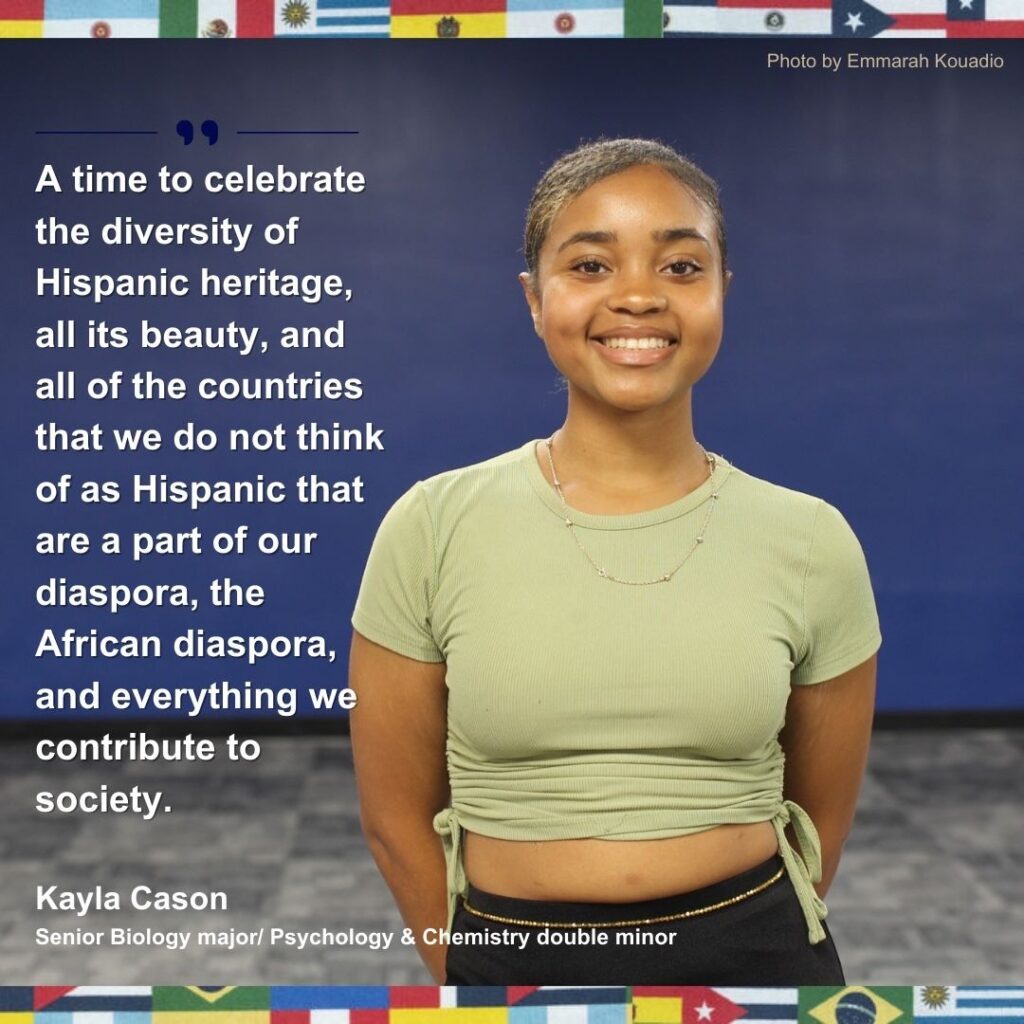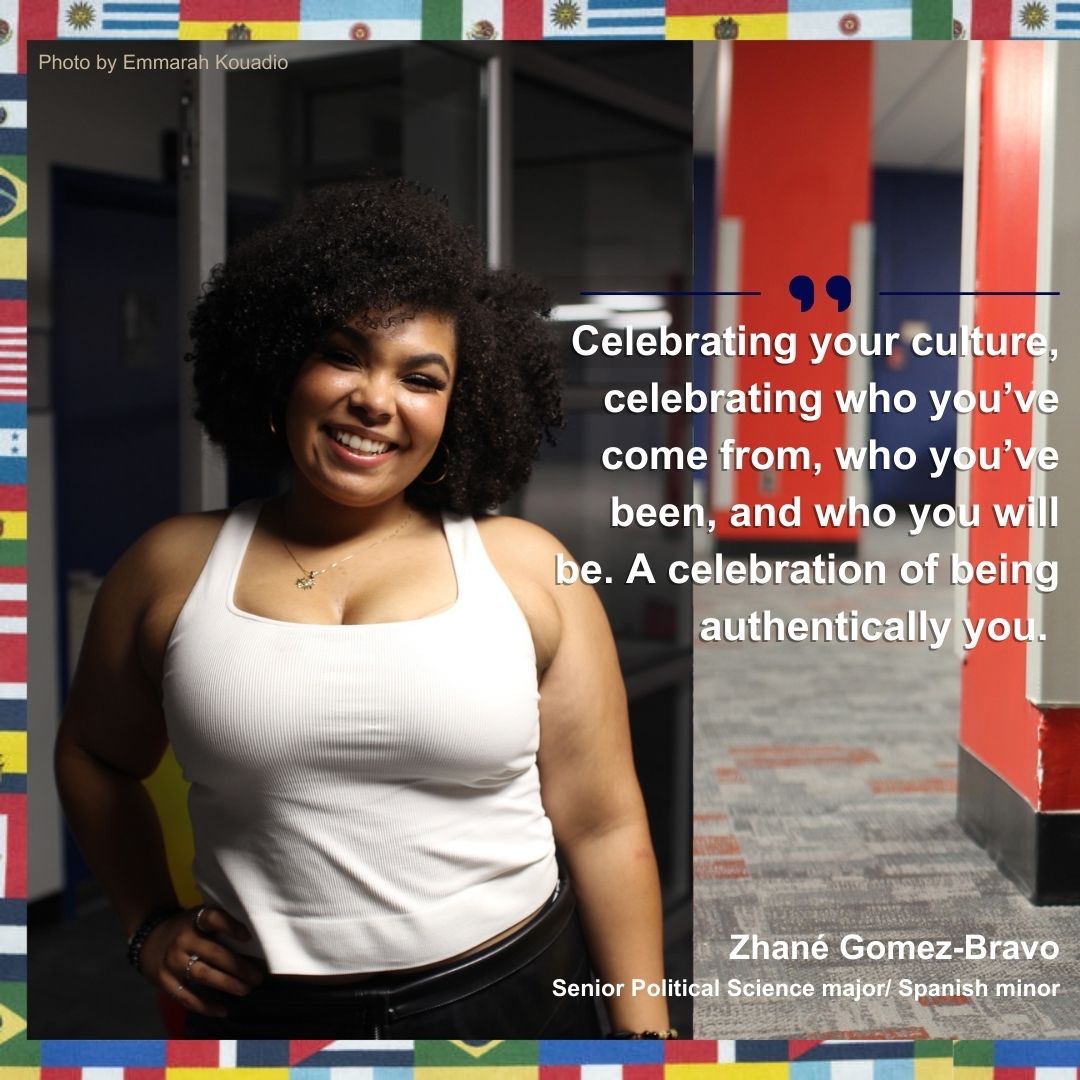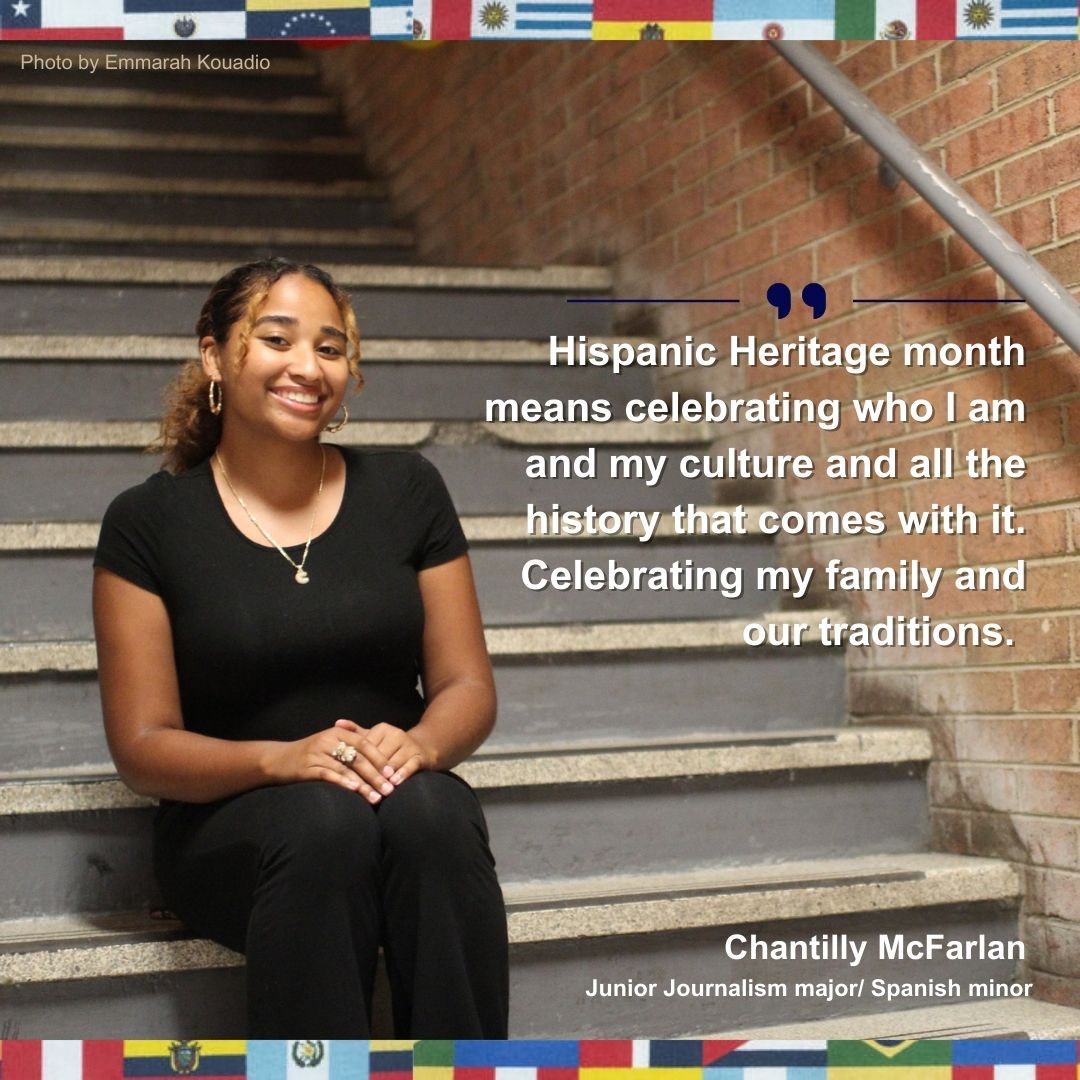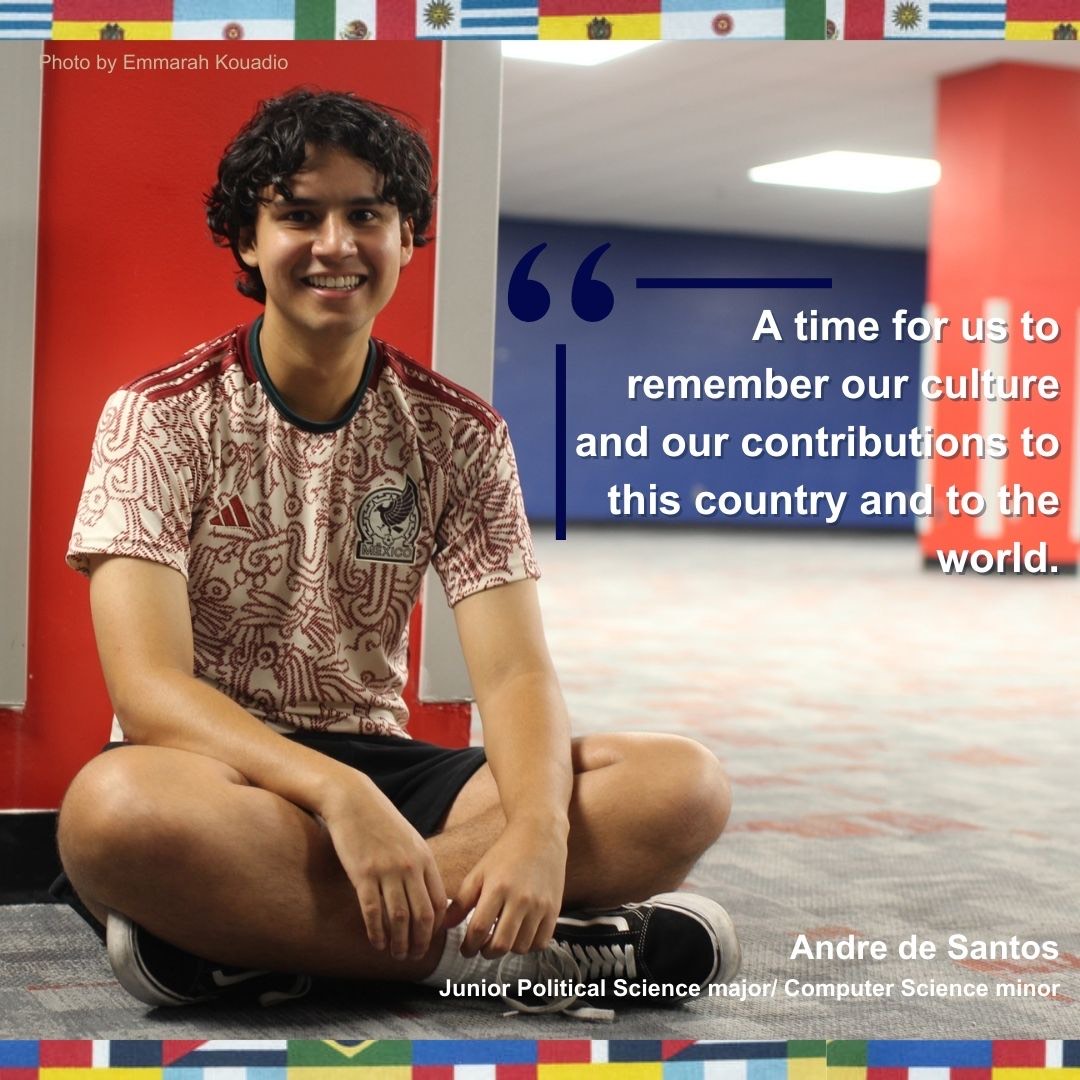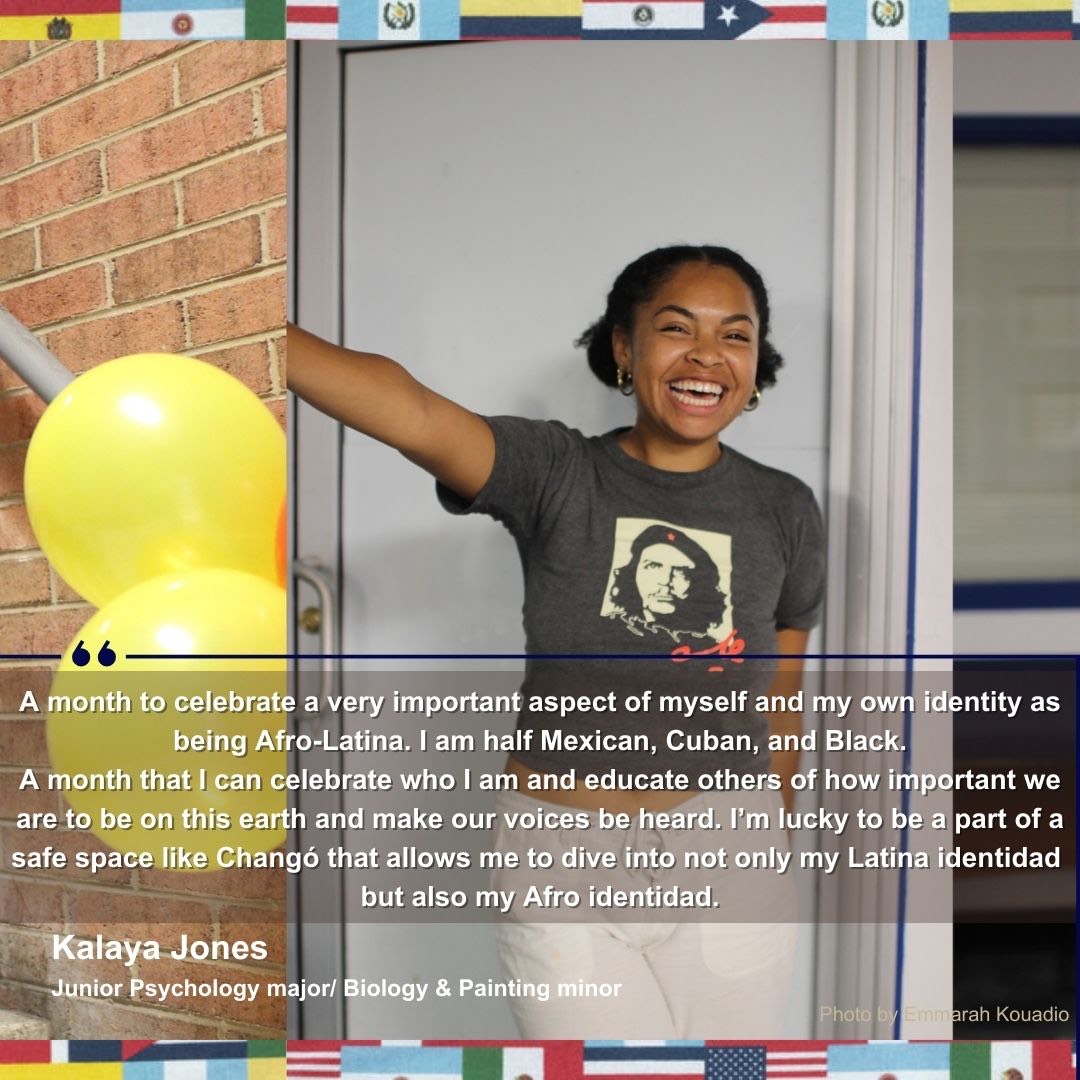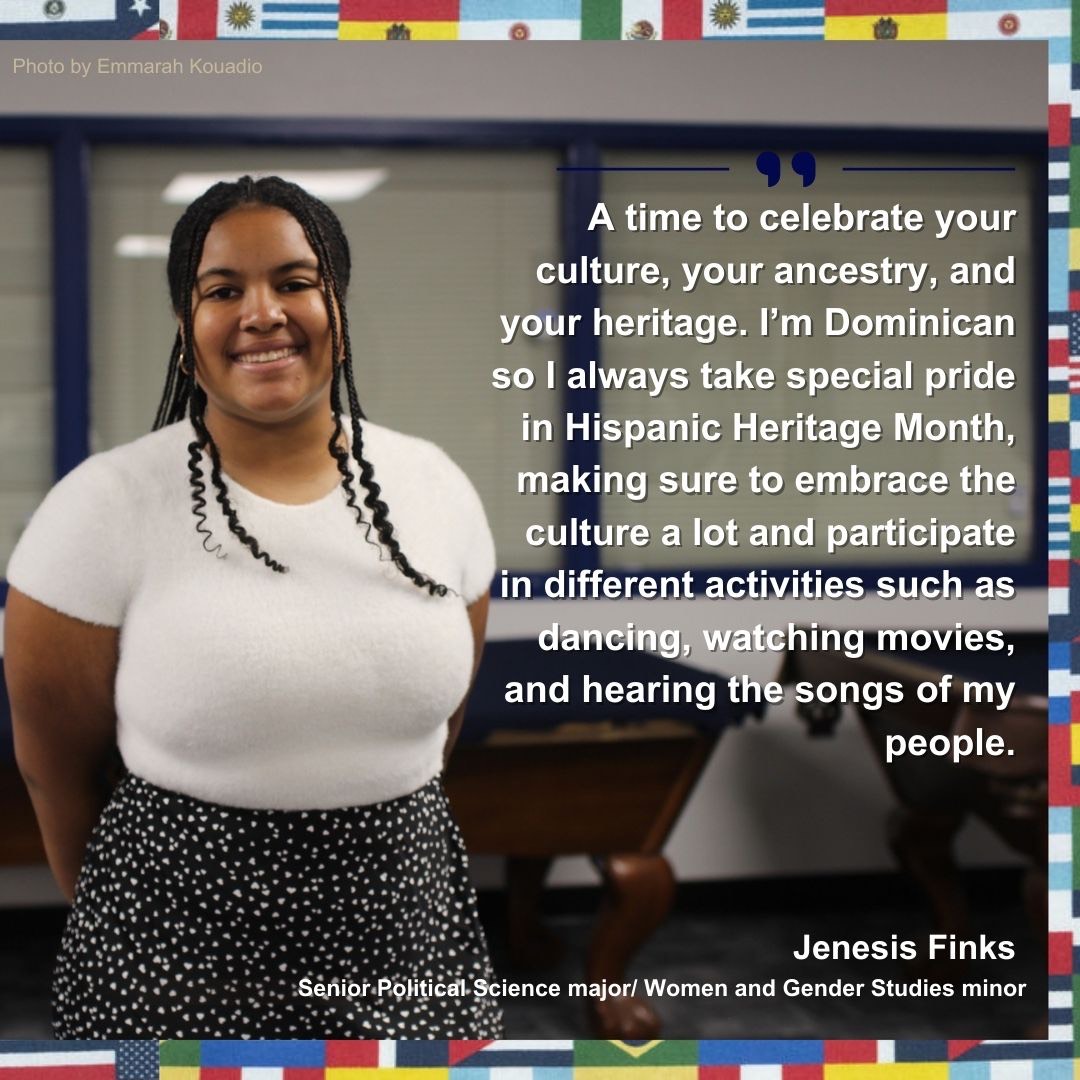As Sept. 15 marks the first day of Hispanic Heritage Month, a rising 6 million U.S. adults identify as Afro-Latino in the United States. The month-long tribute extends to Oct.15, and is an occasion to honor and celebrate the rich history, customs and contributions of the Hispanic and Latinx populations in America.
A 2020 report from the Pew Research Center revealed that the 6 million Afro-Latino U.S. adults make up 12 percent of the adult Latino population and 2% of all adults in the country. Approximately 800,000 adult Afro-Latinos, do not identify as Hispanic, highlighting the complex dimensions of Hispanic identity in the U.S.
Roberto Perez, a Spanish language professor at Howard University, originally from Nicaragua, highlights that people of Afro-Latin descent have contributed to the development of the world.
“Afro-Latinos are essential to understanding Latin America,” said Perez. “Strong African-descended leaders flourished and influenced their nations throughout the Caribbean, and Central and South America. And who in the world hasn’t heard of merengue, salsa or cumbia?”
Notably, 130 million individuals in Latin America are of African descent, demonstrating the significant impact of Afro-Latine culture on the region. About 15 times more enslaved Africans were transported to Portuguese and Spanish colonies in the Americas than to the United States.
Kayla Cason, the President of Howard University’s Afro-Latine Student Association, Chango, believes empowering and celebrating Blackness in all Latine spaces is important, especially this month.
“There are Afro-Latine people from our past and in our present who’ve made amazing contributions to society, yet are not regarded as Latin people,” said Cason, a senior biology major with a double minor in chemistry and psychology from Washington Heights, New York, said.
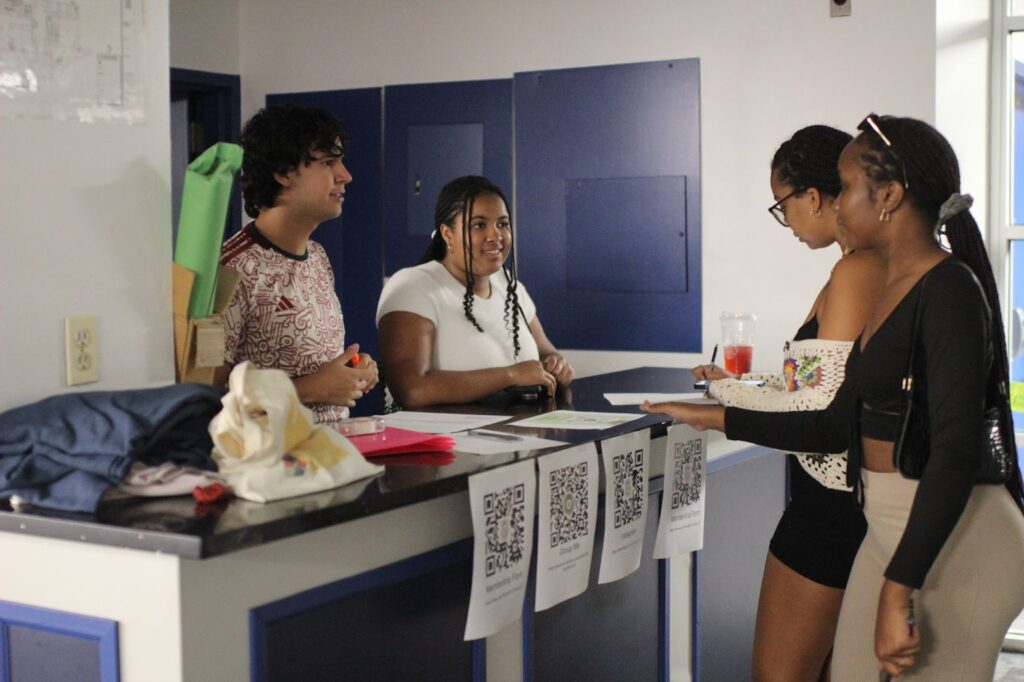
According to Cason, Afro-Latine figures who have made remarkable contributions to society often find themselves overlooked as Latine individuals.
Cason emphasized the importance of embracing one’s history as a Latin person of African descent, given the persisting issues of colorism and anti-Black rhetoric within Hispanic cultures and intergenerational conversations.
“I realized that identifying with my African heritage as a Latina is important,” Cason said. “It’s important that I self-identify as an Afro-Latina because I want more power and beauty affiliated with Blackness in Latin America.”
In contrast to other people who identify as Hispanic, Afro-Latine people’s lives are influenced by factors such as race and skin complexion, according to Pew Research Center author and researcher, Anna Gonzalez-Barrera,.
Andrea Rivers is a Howard alumna of Afro-Latin descent from Brooklyn, New York, who emphasized that cultural identities can coalesce.
“You don’t have to identify as either (solely) Black or Hispanic, [as] the cultures can merge,” Rivers said. “I hope more people tell their stories to strengthen the sense of community.”
The complexity of Hispanic identity finds its roots in the colonial history of Latin America, where intermingling of Indigenous Americans, Asians, white Europeans and enslaved people of African descent occurred.
In celebration of Hispanic Heritage Month, Washington, D.C., has several festivities scheduled. The Congressional Hispanic Caucus Institute (CHCI) is hosting its 46th Annual Awards Gala and 2023 Leadership Conference from Sept. 19-21.
On Sept. 23 and 24 , the annual Fiesta D.C. Festival will be held, and features food, entertainment and activities from several cultures, honoring the heritage of Afro-Latine people in the United States.
Rivers encouraged the Howard community to come together and build bonds by listening to stories on what drew people of Hispanic heritage to Howard University.
The annual celebratory month serves as a reminder and celebration of the diverse legacy that makes the United States unique.
“Every culture is a treasure. Studying them and living them deeply, whether we were born in them or not, makes us stronger, smarter, more resilient and optimistic,” Perez said.
Copy edited by Whitney Meritus



